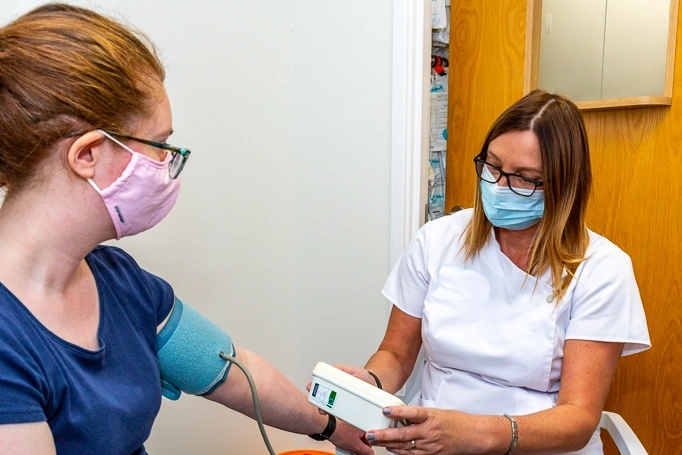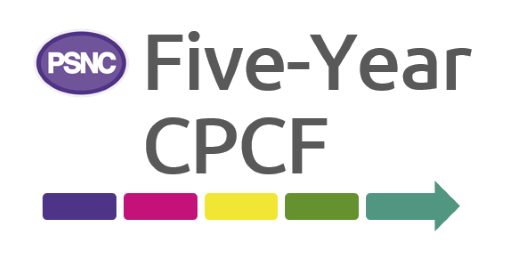Community Pharmacy England response to the DHSC consultation on supervision
The Department of Health and Social Care (DHSC) has been consulting on proposals to update the Medicines Act 1968 and Human Medicines Regulations 2012 on the supervision of the dispensing and supply of medicines.
Their two proposals concerning community pharmacy, both subject to appropriate pharmacist authorisation, are:
- Pharmacy technicians dispensing and supplying medicines, or supervising others doing so – primarily to give pharmacists more time to do other clinical work; and
- Pharmacy team members handing out (i.e. supplying) bagged and dispensed medicines to patients or their representatives at the pharmacy premises, in the absence of a pharmacist – for example, to allow collection of dispensed medicines when the supervising pharmacist is on a lunch break.
Broadly, our response supports the proposals, seeking amendments to the drafting of the proposed legislation to ensure the new provisions, if implemented, can be used in practice.
Perhaps unusually for a consultation on supervision, there is no proposal to change the interpretation of supervision. However, the consultation provides helpful clarification of its current interpretation, based on 2005 professional guidance which includes:
- in the case of a POM or P supply of a dispensed medicine:
- as regards the ‘awareness’ requirement, the pharmacist will be aware of the supply (having done the earlier checks), but will not be aware of the actual supply at the moment to supply
- the ‘in a position to intervene’ requirement is met by the pharmacist being on the premises and interruptible, and procedures or protocols ensuring that the supply will not ahead if the threshold for a pharmacist’s intervention is met but the pharmacist was not interrupted
In addition, the DHSC consultation document indicates that professional guidance can develop the interpretation of supervision, within the limits of the existing court decisions, and the Royal Pharmaceutical Society has committed to reviewing its guidance. There is, therefore, scope for new guidance to develop the interpretation of supervision further and recognise current good dispensing practice involving the use of, for example, robotic and automated dispensing systems.
In relation to proposal 2, we have said this should enable automated locker boxes to be located on pharmacy premises, which would mean safe storage of medicines on pharmacy premises, greater in person accessibility of pharmacist advice and less potential for the market entry controls to be undermined.








